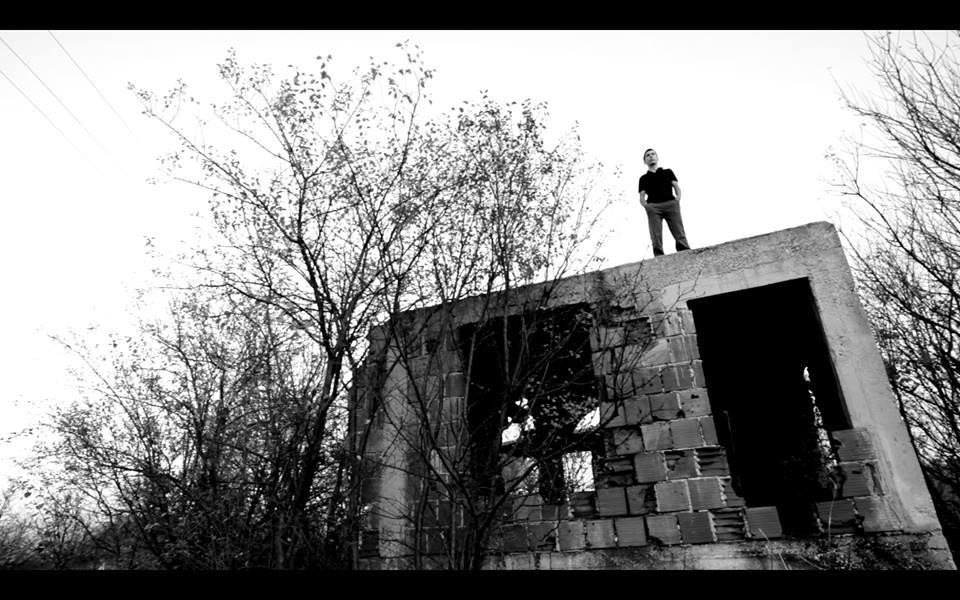
What does it mean to be Bosnian in Bosnia-Herzegovina, and does such an identity even exist?
The constitution of Bosnia-Herzegovina says that all citizens of the Federation of BiH and Republika Srpska are automatically citizens of Bosnia. The fact is that all of us, as citizens of BiH, carry a passport, and other identification documents with a crest of a single country and the marking of one citizenship.
The famous droit du sol created in France during the time of revolution, considers French citizens to be anyone residing within the boundaries of that country, regardless of their ethnicity. This idea of “Droit du sol” is still popular today within the territory of France, the largest EU country.
If you asked my grandparents back in the 1990s what nation they belonged to, they would have told you they were Yugoslavs and Bosnians. My grandfather would probably start talking nostalgically about the past, remembering how, as a policeman in 1984, he went to Sarajevo to work during Olympics, or how it was to be in Kosovo during the 1970s. My grandmother would most probably talk about how “Borac”, a clothing producer in Banovići, was the best collective she ever worked for, and how they went on the best collective field trips together. And yes, they were Yugoslavs, and they were Bosnians.
When you ask them the same question today, they themselves do not know how to respond, and they mostly avoid talking about that time. Grandmother says there is no point in talking anymore, as the good days of her life are long behind her, and what she has today, in this country, is pure survival.
When talking with a high school girl from Kladanj, a small town in Northeast Bosnia, I discovered that even today they can not explain to her grandfather that they are Bosniaks; he just stubbornly claims he is Bosnian and he does not know of any other national identity.
And really, when I think about the country in which I live, taking both its history into consideration, and also the times in which it is currently developing, I cannot help but wonder: “What does it mean to be Bosnian in Bosnia-Herzegovina, and does such an identity even exist?”
As someone who grew up after the war in BiH, I always faced a dilemma when considering my ethnic and national identity. Growing up in a family that fostered Orthodox tradition, I was immediately seen as a Serb and so there was no dilemma about that; no dilemma for anyone but me, because I always felt that something was missing.
Ethnic symbols in BiH have become so important that sometimes I feel like we are living in a time of ancient history and tribal divisions, where tribal colors and insignia are the only guarantee of survival. In a time when politicians, through mainstream media, openly talk about not recognizing the capital city of this country, about strengthening the entities and the creation of independent regions, I wonder if there is a possibility of life and survival outside of ethnicity.
What bothers young people in BiH the most is the impossibility of finding a job and the resultant lack of money. It is because of these problems that a large number of young people decide to pursue their happiness outside of BiH’s borders. The difficulties of life today outside the boundaries of “your group” is made evident by the many cases of employment to fulfill ethnic quotas, and a tradition of employment on “party lines”. If we take into consideration that 80% of political parties include ethnic symbols in their names, we can see the extent of problem the country is facing.
Sometimes it seems futile to talk about the existence of the country Bosnia, because the majority of its citizens declare themselves as members of some other group, rather than the citizens of this country. I wonder if there really is a country if even those who carry its passport negate its existence. How come only an old man from Kladanj remembers it? Why can’t we all be stubborn, and prevent being robbed of what our grandparents were? Why do we continuously try to forget where we are from, and inside whose borders we live? We cannot forget our religion and ethnicity because they carry in them the individuality and history of our families and ancestors. But we must also turn to what is maybe an even higher priority, and that is all ethnicities and all religions, living side-by-side inside these state borders. Would it not be nice if we could talk about belonging to a larger group, and finally talk about each other as proud Bosnians?
I believe such ideas of “brotherhood and unity” may seem too idealistic and even impossible today, but if you think they are even a little necessary, and if you consider them logical, not all is lost. Even if it seems crazy sometimes, and even a little naive, I believe all BiH citizens are a little like that old man from Kladanj.
Being Bosnian today means being angry and bitter at the political system in the country. It means living in economically unstable communities, fighting for existence every day and struggling for a “better tomorrow”. But also, it means being proud when our athletes win a medal or when Sarajevo wins the competition of the 100 best tourist destinations. Being Bosnian means feeling love and belonging, and carrying it always and everywhere.






